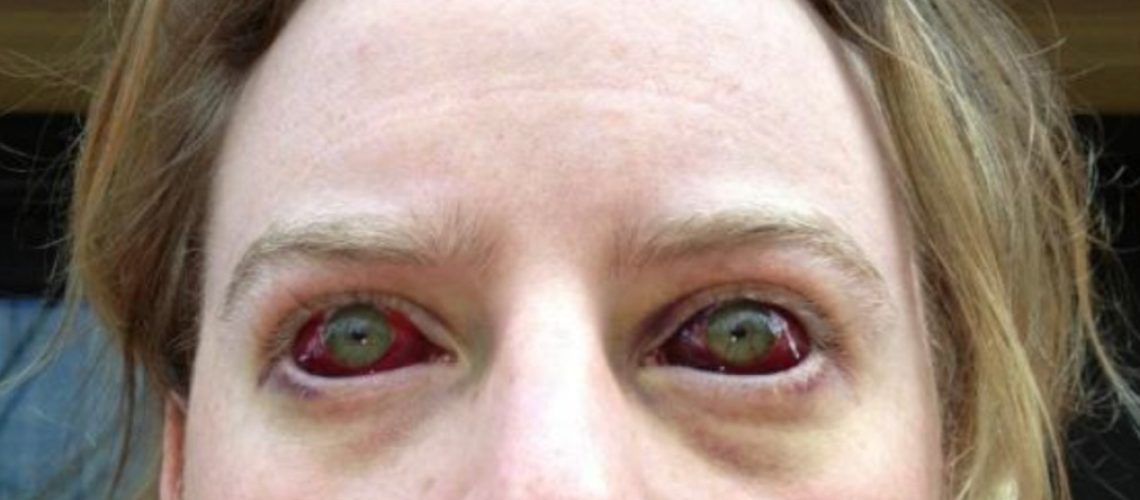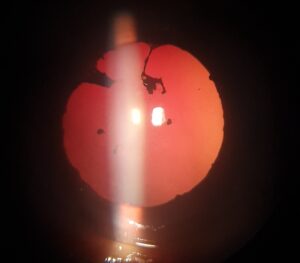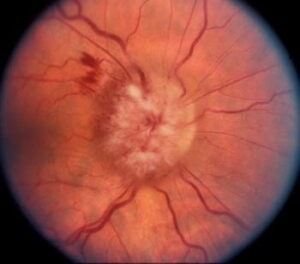Barotrauma is a type of injury that occurs when there is a difference in pressure between the inside of a body cavity and the outside environment. This type of injury can occur in various parts of the body, including the ears, sinuses, lungs, and eyes, and is most commonly associated with activities such as diving, flying, and caisson work.
Common causes
Barotrauma can be caused by a variety of activities that involve changes in pressure. Diving is one of the most common causes of barotrauma, as the pressure underwater increases as a diver descends. Flying is another common cause of barotrauma, as the pressure inside an aircraft cabin can change rapidly during takeoff and landing. Barotrauma can also occur in people who work in compressed air environments, such as caisson workers or bridge and tunnel workers.
When a person descends underwater while scuba diving, the surrounding pressure increases, and this can cause barotrauma if the pressure inside the body cavities is not equalized with the surrounding pressure. The most common form of barotrauma that occurs during diving is the barotrauma of the ears and sinuses, but it can also affect the eyes.
Barotrauma of the eyes, also known as “squeeze” or “explosive decompression injury,” occurs when the pressure inside the eyes is not equalized with the surrounding pressure, this can cause discomfort, pain, redness, temporary vision changes, and in severe cases, can cause more serious injuries such as retinal detachment, cataracts, or even blindness.
Symptoms
Symptoms of barotrauma of the eyes can include pain, redness, and temporary vision changes. In more severe cases, it can cause floaters, flashes of light, or even permanent vision loss. If these symptoms occur, it is important to seek medical attention as soon as possible.
Prevention
Prevention of barotrauma of the eyes is the key, divers should use proper techniques and equipment to equalize the pressure in the eyes such as pinching the nose and blowing gently or using a mask that allows you to exhale through the nose. It’s also important to be aware of the symptoms of barotrauma of the eyes and seek medical attention if they occur.
In conclusion, barotrauma is a type of injury that can occur during activities such as diving, flying, and caisson work, it’s important to be aware of the risk factors and take the necessary precautions to prevent it from happening.
It’s important to use proper techniques and equipment to equalize the pressure in the eyes, be aware of the symptoms, and seek medical attention if they occur. Divers, as well as other people who are exposed to pressure changes, should be well informed and educated about the risks and how to prevent barotrauma, to ensure a safe and healthy experience.
The length of time you should wait to fly after experiencing barotrauma will depend on the severity of your condition and the advice of your doctor.





